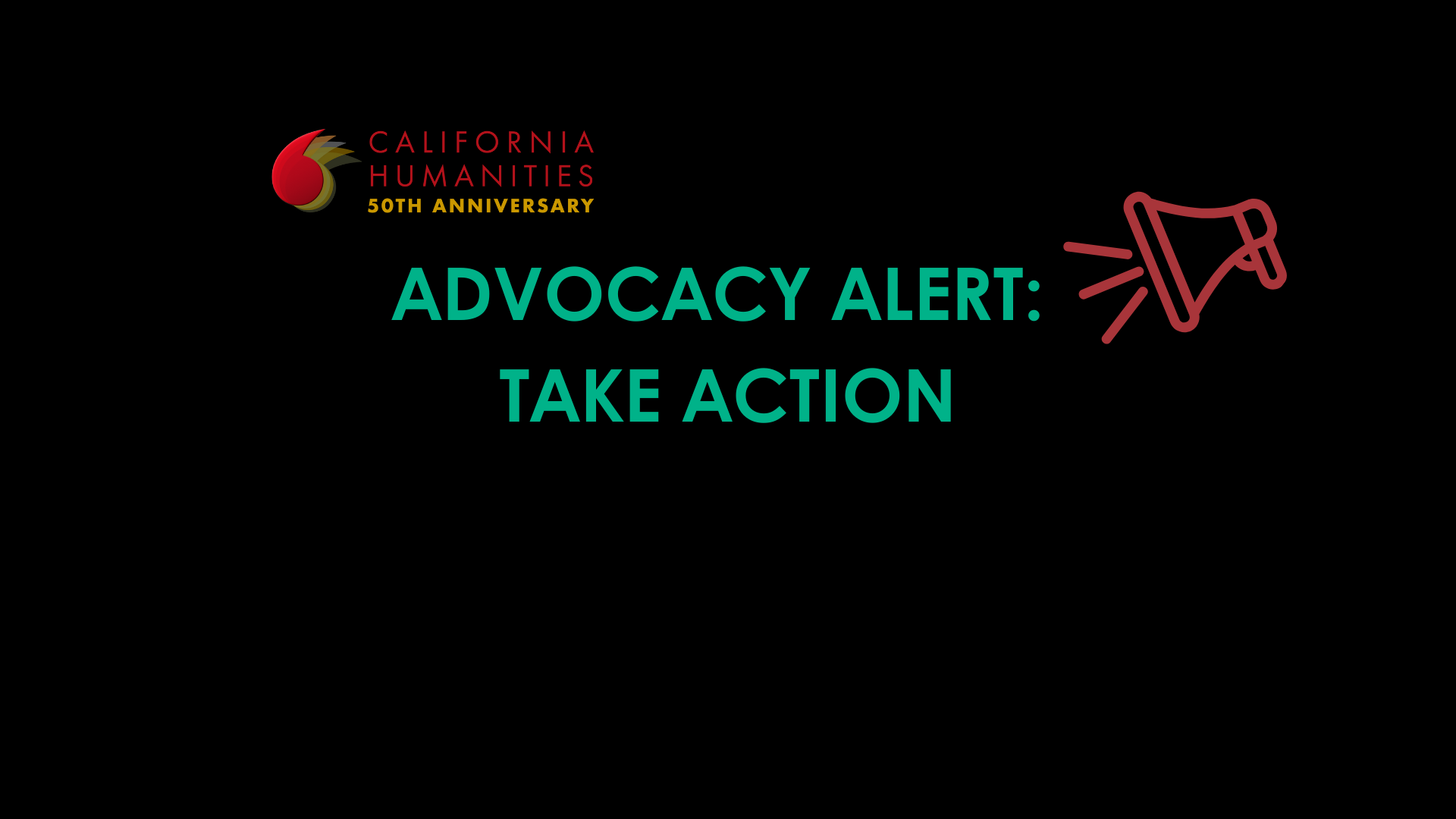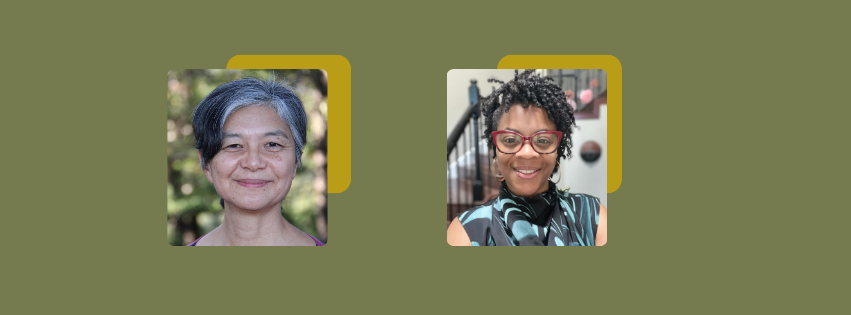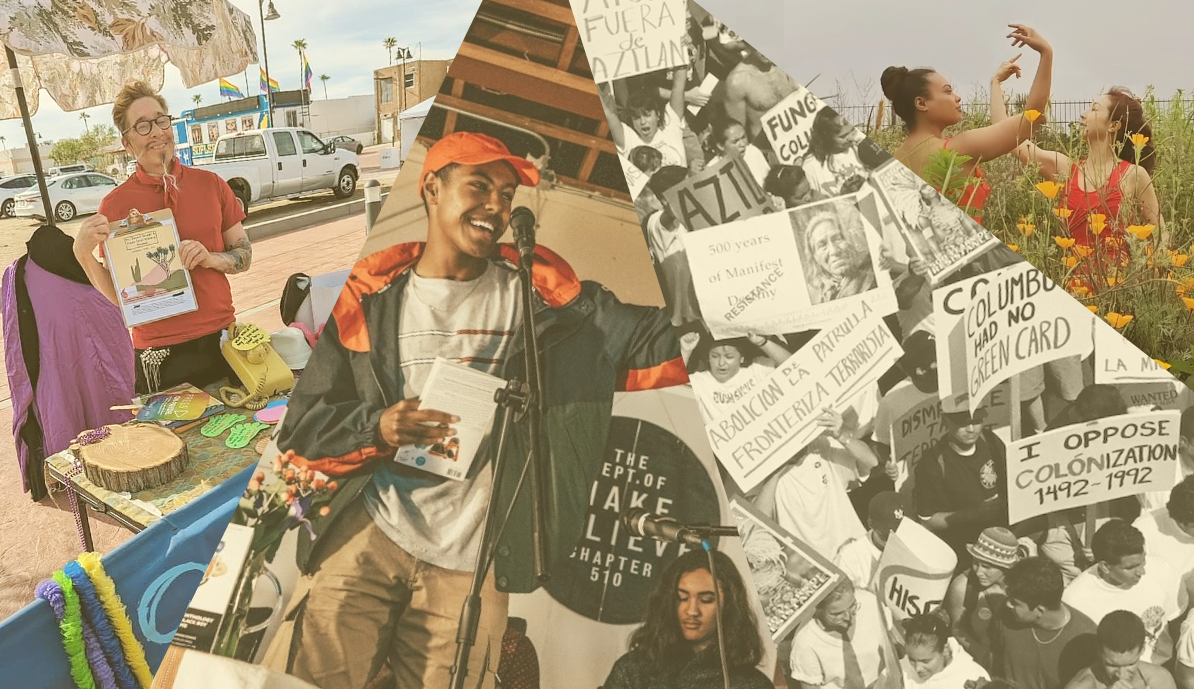Money has been a hot topic in the 2012 election—from how the campaigns are being financed post-Citizens United to the 99 percent and the national debt and Mitt Romney’s offshore bank accounts.
But how much is this campaign—how much are elections in general—costing America? In a Zócalo/Cal Humanities “Searching for Democracy” event at the Bakersfield Museum of Art, Zócalo editor Joe Mathews, a fellow at the Center for Social Cohesion at Arizona State University, put this question to two scholars who have thought about elections as much as anyone in the country.
Political scientist Samuel L. Popkin, author of The Candidate: What it Takes to Win—and Hold—the White House, has studied candidates who have lost presidential elections in order to find out who wins and why. People tend to think that a campaign story is about good triumphing over evil, or vice versa, but if you narrate instead how an election could have gone the other way, and where a campaign could have succeeded, you can learn something new.
How an election is run is just as important as the foibles of a candidate. According to campaign finance expert Richard L. Hasen, author of The Voting Wars: From Florida 2000 to the Next Election Meltdown, the “Election Administrator’s Prayer” is, “Lord, let this election not be close.” Close elections cause controversy. We have not, he said, solved any of the problems of Florida in 2000—except for fixing the voting machines. The primary challenge is that America still has partisans in charge of elections. The way things stand now, our system is “a powder keg, and social media makes things worse,” said Hasen. He hopes this election doesn’t come down to counting votes in Ohio or Florida; if we have another Florida 2000, he believes that protests might move from Twitter onto the streets. And even if this year’s race ultimately isn’t tight, we’ve had a number of close statewide elections in the past decade—and could have another close national election in 2016 or 2020.
California Humanities and Zócalo Public Square joined forces, bringing top public thinkers to communities across the state to explore issues vital to our democracy.




